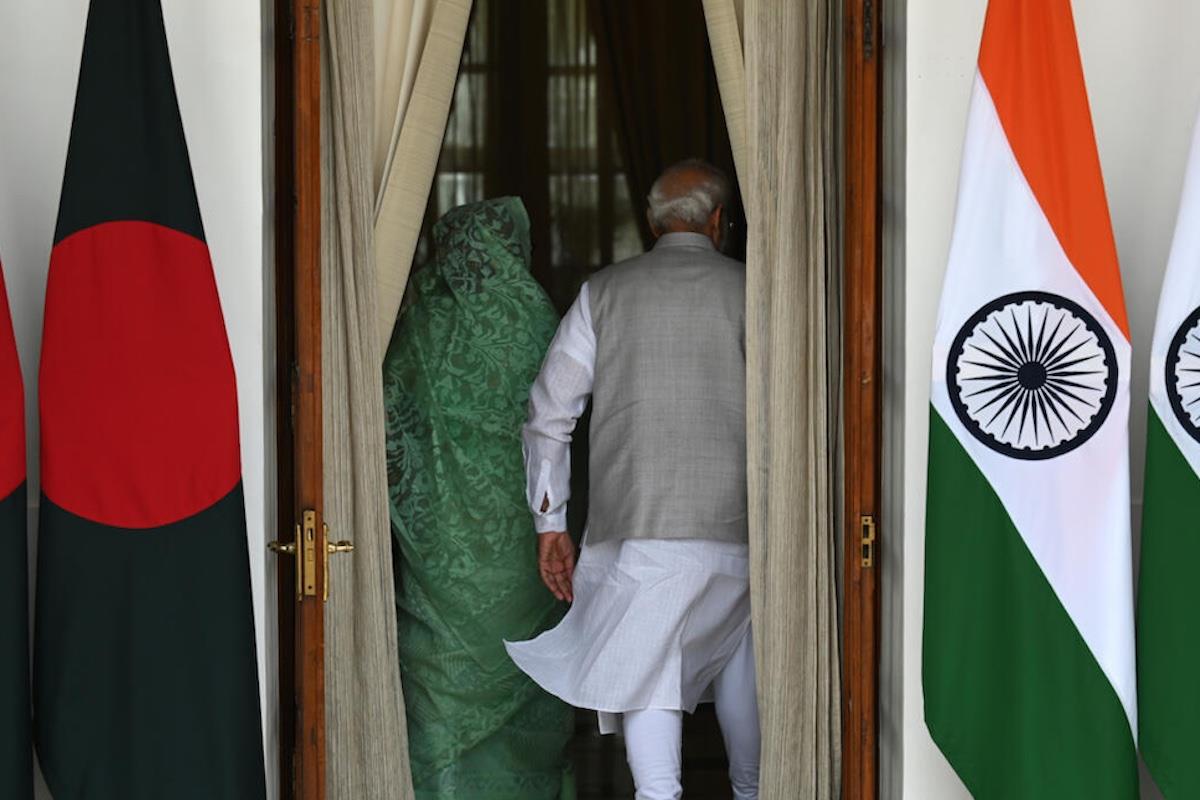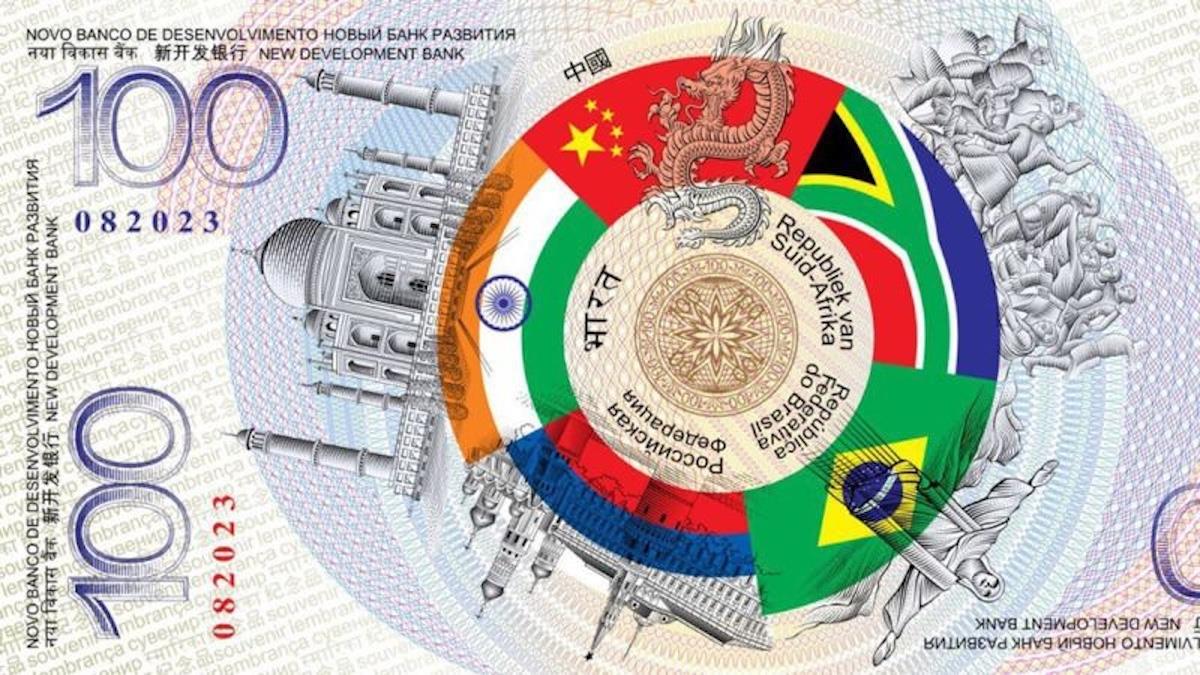
India Must Atone For Bangladesh's Lost Decade
As Bangladesh emerges from the shadow of Hasina's autocratic rule, India must grapple with its culpability in propping up a regime that choked the democratic aspirations of a nation.
The seeds of Bangladesh's lost decade were first sown in 2013 during a pivotal visit by Sujata Singh, then India's Foreign Secretary. Her visit, just weeks before Bangladesh's controversial general elections, included a meeting with General Hossain Mohammad Ershad to persuade him to participate in an election abandoned by all major opposition parties.
This direct intervention to instill a dummy opposition in an election devoid of meaningful competition started Bangladesh's lost decade, turning its fragile yet functional democracy into fascism with Indian backing.
For many Bangladeshis, it was a defining moment-marking the point when India chose to side with a regime rather than the democratic aspirations of the people.
In 2018 and again in 2024, much of the international community distanced itself from the Awami League's manipulated elections. Yet, India stood firm as Hasina's sole backer, providing her government with the international legitimacy it desperately needed.
This unwavering support , combined with New Delhi's silence on human rights abuses and electoral fraud, cemented India's image as the enabler of a dictatorship. Without India's backing , Hasina's grip on power could not have endured.
Decade of exploitationIndia's support for Hasina was not altruistic. Throughout her tenure, key agreements favored Indian interests, from transit routes to energy exports, often at Bangladesh's expense.
These deals were perceived by many as Hasina's“return of favor” for India's political backing, reinforcing the narrative that she served Indian interests rather than her own people. The suspicion that Hasina was turning Bangladesh into a client state of India-akin to the fate of Sikkim-further eroded trust.

Legal Disclaimer:
MENAFN provides the
information “as is” without warranty of any kind. We do not accept
any responsibility or liability for the accuracy, content, images,
videos, licenses, completeness, legality, or reliability of the information
contained in this article. If you have any complaints or copyright
issues related to this article, kindly contact the provider above.






















Comments
No comment